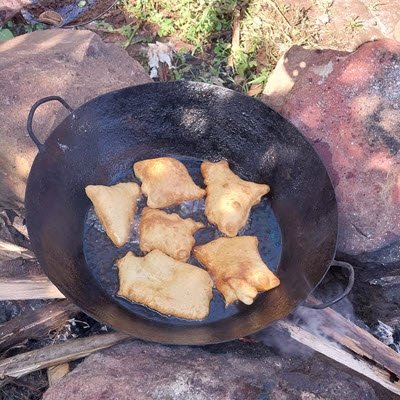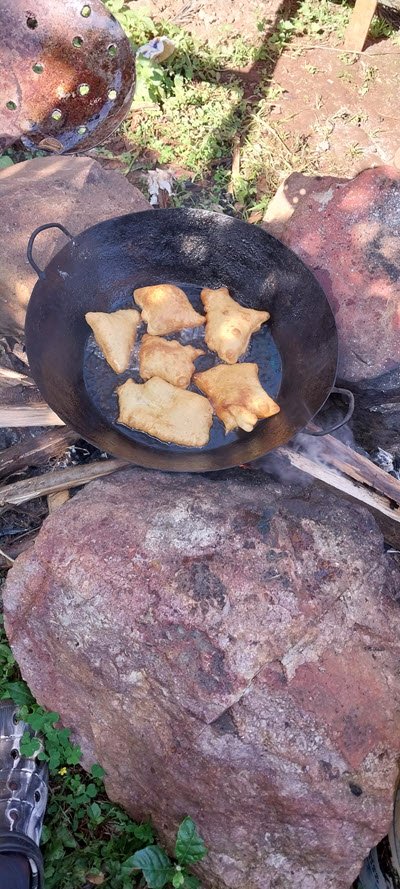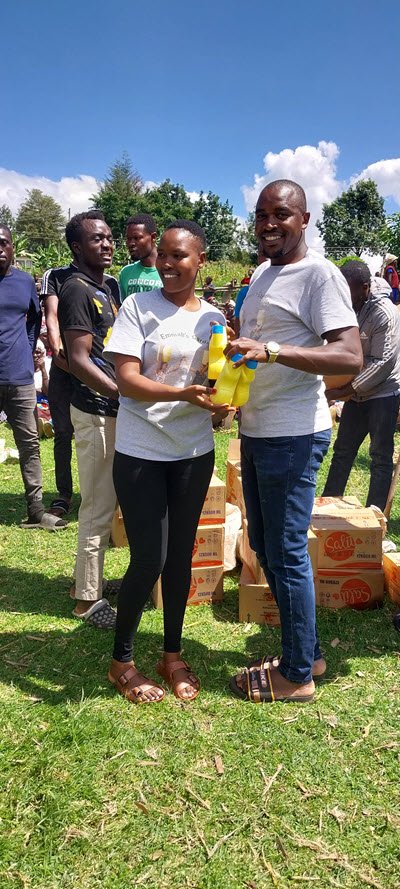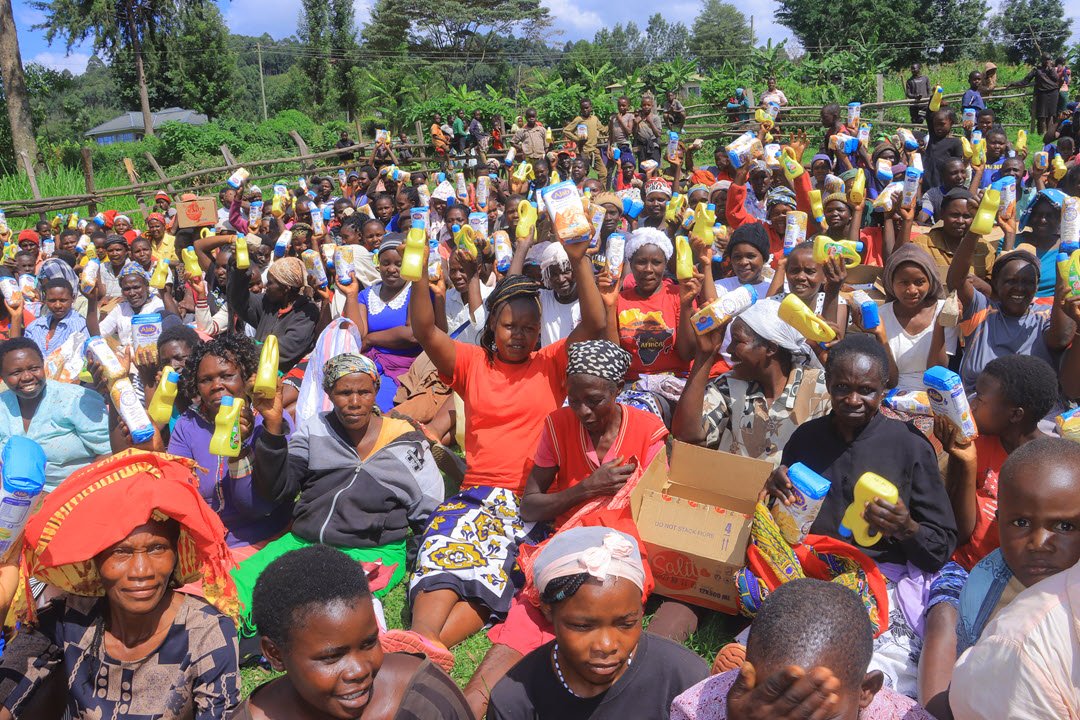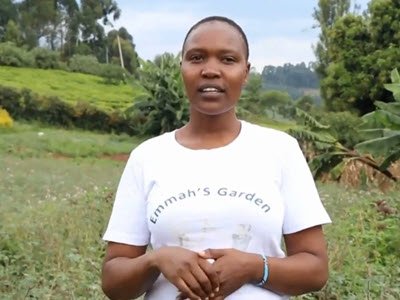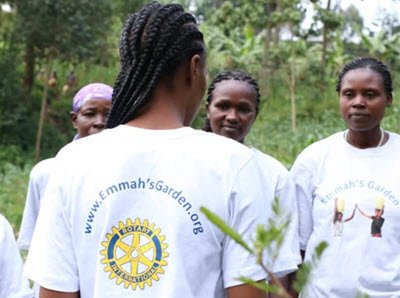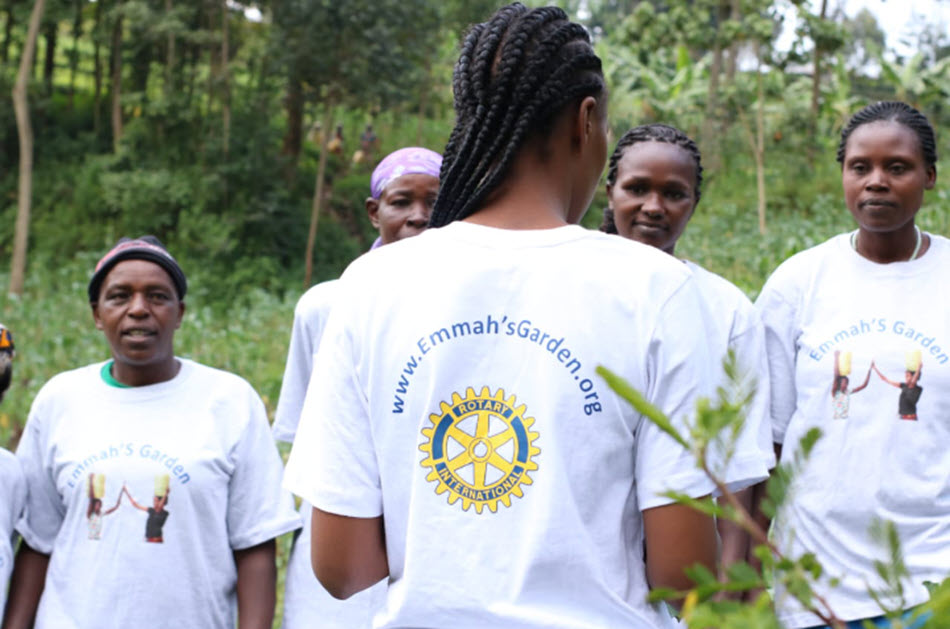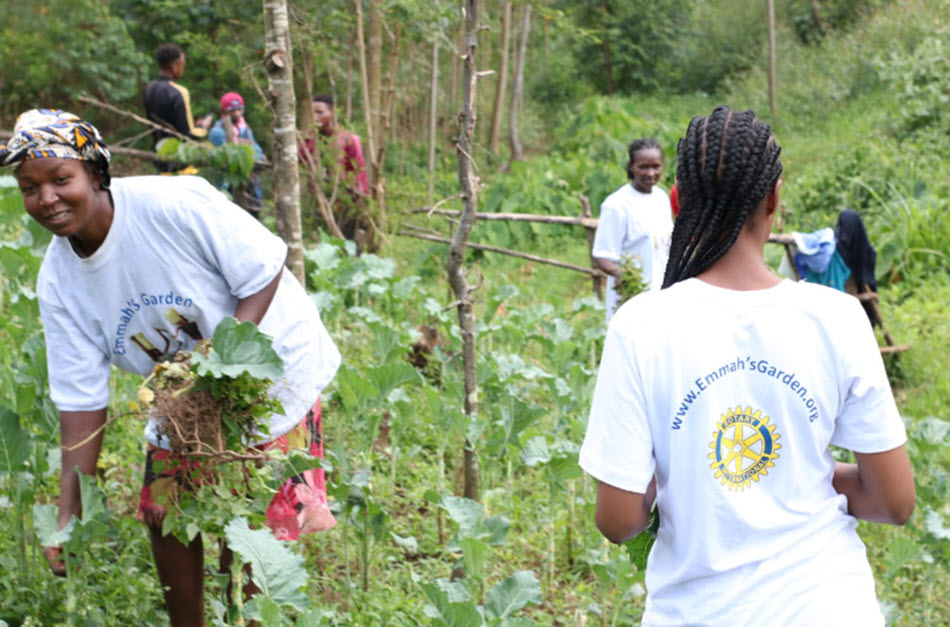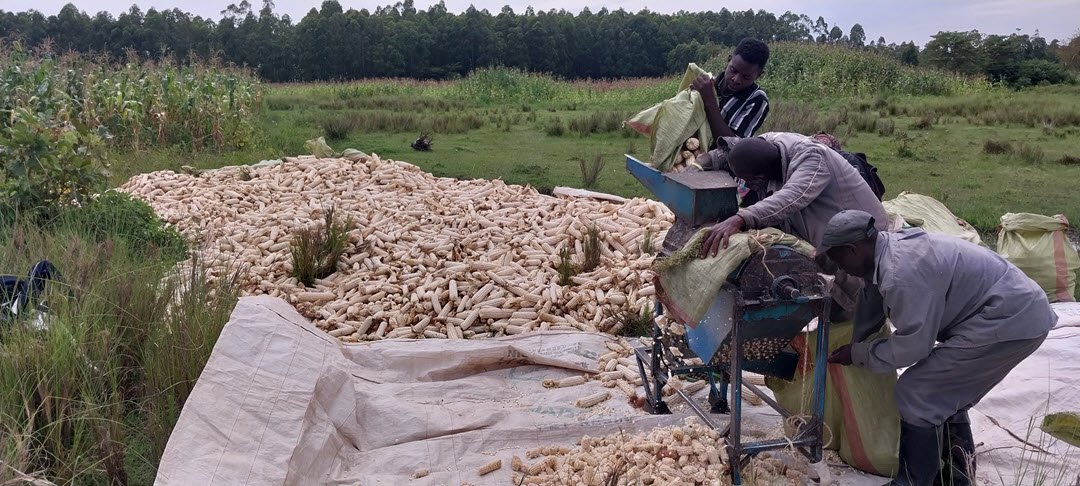
Our Corn Harvest
What We Learned and Our Decisions
A Review
We planted corn in a four-hectare field which is about 40 kilometers from the village of Nyandoche Ibere. This field had not been planted in many years and therefore needed extensive preparation to plant the corn.
We invested in this preparation and Alloys and Emmah both agreed to visit the field after planting to monitor progress. However, we all noted that to travel to and from the field would be an extra burden on both Alloys and Emmah.
The planting of the field was indeed successful in about 90% of the field. The other 10% suffered from too much water and the corn did not grow as well.
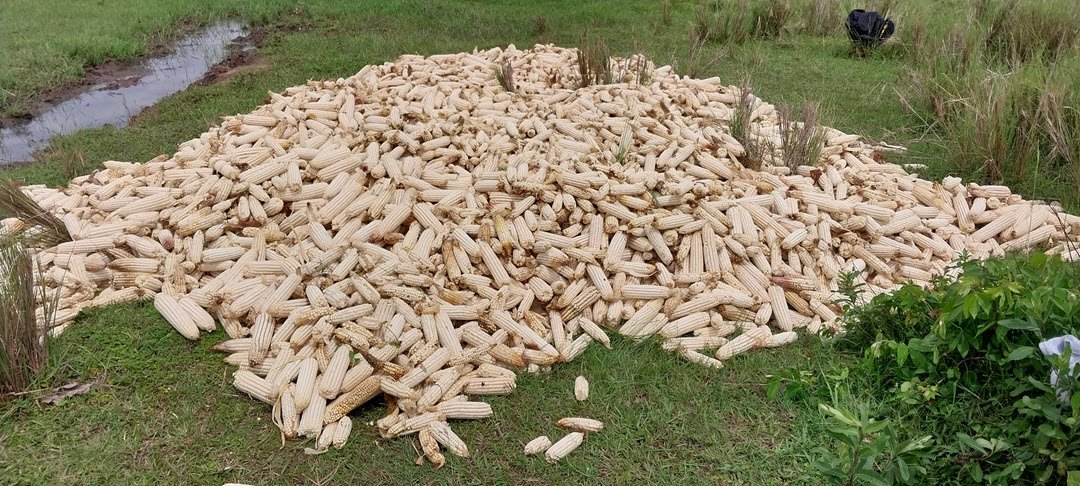
Corn, recently harvested
Another Issue
Then we realized that we had another problem. As the corn matured, we started to experience people going into the field to harvest the crop. We realized that this was being done for two reasons:
- The field was for the most part unsupervised.
- The people around the field were very hungry.
We decided to harvest the field slightly early to get a reasonable crop yield as the crop yield was being reduced daily due to people picking the corn.
We had great sensitivity to the people in the area around the field – they were simply hungry.

Processing the ears of corn
Observations and Decisions
- We will plant corn again, but the preparation cost will be lower because the field has now recently been planted. When we took over the field, it had been a while since it had last been planted, and we had to do extensive prep work on it.
- We will collaborate with the people local to the corn field to get them to help plan and manage the field while the corn is growing. This will make them a part of the effort and reduce their need to take corn from the field as the crop is close to maturity.
- We want to implement a Kitchen Gardens approach using this field with people from the area of the field. Collaboration is a good way to think about making progress.
- Alloys has already committed $500 to preparing and managing the field for the second planting of corn.
- Alloys will organize a local supervisor of the field by putting him in charge of a portion of the field for his own use. This means that we will have a stronger local supervisory presence, and Alloys and Emmah will not have to travel to the field as often.
- We are making important local connections since we hired some local people to do some of the work in the field for the first planting.
- We want to encourage and support these local people to become Emmah’s Garden members and establish Kitchen Gardens, such as those in Nyandoche Ibere.
- A field supervisor has been identified. His name is Nyabuti. Alloys feels comfortable with his skill as a farmer. He also has demonstrated a very high work ethic.
- Alloys has established a relationship with Nyabuti, and the two are building trust with each other.
- Alloys has made a request to the Emmah’s Garden board to proceed with a second planting for the 4-hectare field.
- Alloys also thinks that the $500 (proceeds from the first planting) will go a long way to support the second planting, second weeding, and second harvesting and selling.
- The board gave permission for the second planting but emphasized developing a stronger local presence-team approach, which Alloys will organize.
The board of Emmah’s Garden thanks Alloys for making a case for a second planting.

Alloys harvesting corn
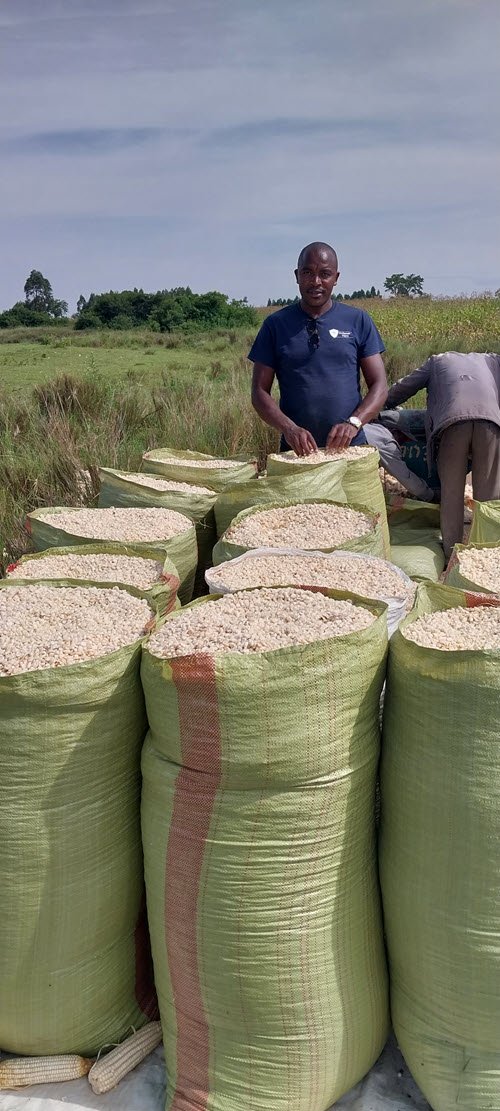
Corn being harvested – we continue to advance the cause of Emmah’s Garden

